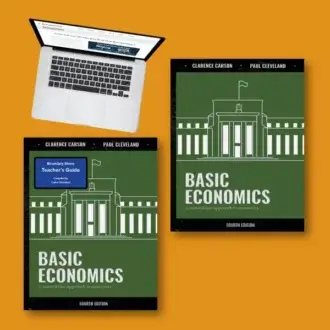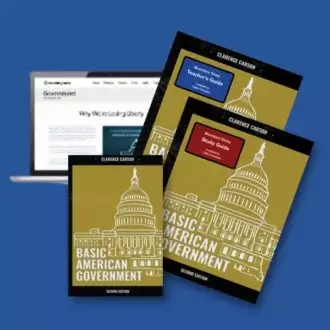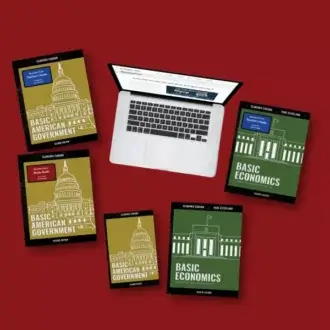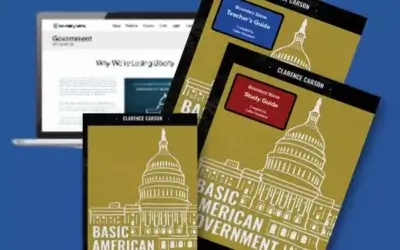Suffering and hardship will end in heaven. For this reason, virtue and poverty cannot be linked. However, the poor are not virtuous simply because they are poor. As I discussed in a previous post, poverty arises for many reasons. In many cases it is the result of bad behavior in which case it is a signal to the individual of the need to change. While some poverty results for reasons beyond the person’s control, such occasions should not call for government action aimed at ending the suffering. Rather, they should be seen as opportunities for those who profess belief in charity to practice it by choosing to suffer with such people.
But, instead of relying on civil liberty as the foundation for human progress, many Western countries have turned to government, believing that charity can be practiced by force. Various programs aimed at alleviating the suffering of poverty have been adopted. In each of these schemes what has happened is that some people have transferred the consequences of their immorality onto others. Richard Weaver in his book, Ideas Have Consequences, captured this fact when he wrote:[1]
The spoiled child has not been made to see the relationship between effort and reward. He wants things, but he regards payment as an imposition or as an expression of malice by those who withhold for it. His solution… is to abuse those who do not gratify him.… The truth is that he has never been brought to see what it is to be a man. That man is a product of discipline and of forging, that he really owes thanks for the pulling and tugging that enable him to grow.… This citizen is now the child of indulgent parents who pamper his appetites and inflate his egotism until he is unfitted for struggle of any kind.… [If he could realize the reality that something greater than himself exists, if he could recognize the virtue of God] and not simply respond to coercion–he might genuinely realize human progress.[2]
Beginning with the Enlightenment, romanticists and socialists popularized the idea that all human suffering could be ended by adopting the right governmental institutions. They told us that people have a right to more than they could produce, trade for, and receive as a gift. But this idea was a lie. “All productivity requires discipline and subordination; the simple endurance of toil requires control of passing desire.”[3] As such, the demagogues must rely on the expropriation of other people’s property to provide the benefits that they promised. This promotes idleness among recipients and producers alike. It also tends to keep us from seeing our own failings.
J. Gresham Machen, a Presbyterian theologian of the early twentieth century, recognized the importance of liberty in one’s character formation. He understood the consequences of the spread of socialism in all its forms. In his classic defense of the Christian religion against liberalism he wrote:
The whole development of modern society has tended mightily toward the limitation of the realm of freedom for the individual man.… It never seems to occur to modern legislatures that although ‘welfare’ is good, forced welfare may be bad. In other words, utilitarianism is being carried out to its logical conclusions; in the interests of physical well-being the great principles of liberty are being thrown ruthlessly to the winds. The result is an unparalleled impoverishment of human life. Personality can only be developed in the realm of individual choice. And that realm, in the modern state, is being slowly but steadily contracted.… When one considers what the public schools of America in many places already are — their materialism, their discouragement of any sustained intellectual effort, their encouragement of the dangerous pseudo-scientific fads of experimental psychology — one can only be appalled by the thought of a commonwealth in which there is no escape from such a soul-killing system.… The truth is that the materialistic paternalism of the present day, if allowed to go on unchecked, will rapidly make of America one huge ‘Main Street,’ where spiritual adventure will be discouraged and democracy will be regarded as consisting in the reduction of all mankind to the proportions of the narrowest and least gifted of the citizens.[4]







there is no o=way to go about learning economics rather than simply perfecting your mathematical skills applicable to a static case in point (though some have illustrated Keynesian thought as dangerous harmful & and down right ignorant. Math is only able to disprove not the other way around. Purchase this well written work and learn what the classical liberals, free MKT prof.’s have preached for yrs. and yrs.; so lets try and show the light to the spokesman of the merchants of death. Reestablish the republic and peaceful cooperation.